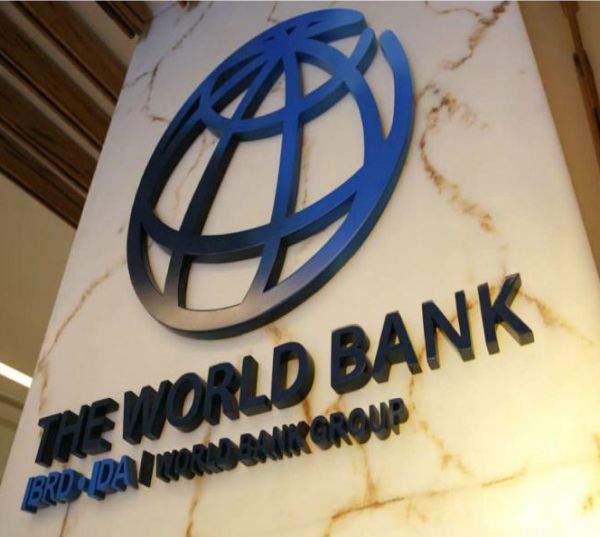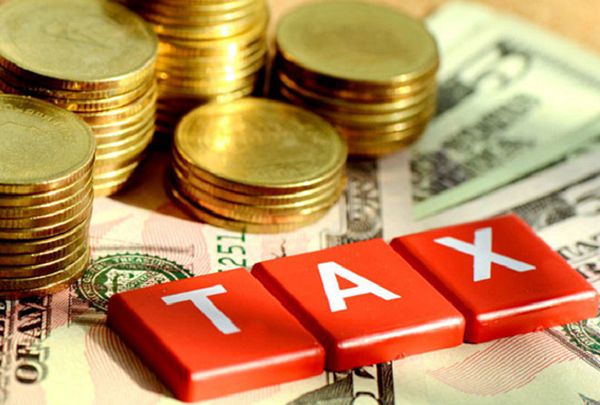
The World Bank has classified Ghana as a high-debt distress country as it projects the nation’s debt to Gross Domestic Product (GDP) of 104.6 per cent by the end of 2022.
According to its October 2022 Africa Pulse Report, Ghana’s debt was expected to jump significantly, from 76.6 per cent a year earlier, amid a widened government deficit, massive weakening of the cedi, and rising debt service costs.
It is also forecasting debt to GDP of 99.7 per cent and 101.8 per cent of GDP in 2023 and 2024, respectively.
The size of Ghana’s economy is estimated at about $72 billion, whilst it is expected to spend about 70% of revenue this year to service its debt.
The report is coming at a time the Bank and the International Monetary Fund (IMF) are conducting a Debt Sustainability Analysis on the country. A country which is high debt distressed is unable to fulfil its financial obligations and therefore debt restructuring is required.
“Debt is expected to jump in Ghana to 104.6 per cent of GDP, from 76.6 per cent a year earlier amid a widened government deficit, massive weakening of the cedi, and rising debt service costs.
The country’s debt is expected to remain elevated at 99.7 per cent and 101.8 per cent of GDP in 2023 and 2024, respectively.
“Tightening of financial conditions globally along with the fall of the domestic currency widened the sovereign spread by 233 basis points since December 2021,” it said.
“As a result, the country lost access to international markets”, the report mentioned.
The World Bank further stated that Ghana needed $1.5 billion in assistance from the IMF, which could help to shore up public finances and regain access to credit markets.
It added, “Nevertheless, despite the negotiation with the IMF, investors remain nervous about the country’s debt sustainability.”
These concerns, it said, were expressed by the country’s local and foreign currency ratings downgrade from B-/B to CCC+/C, adding, “as a result, despite the news, the cedi fell further with ripple effects on inflation”.











